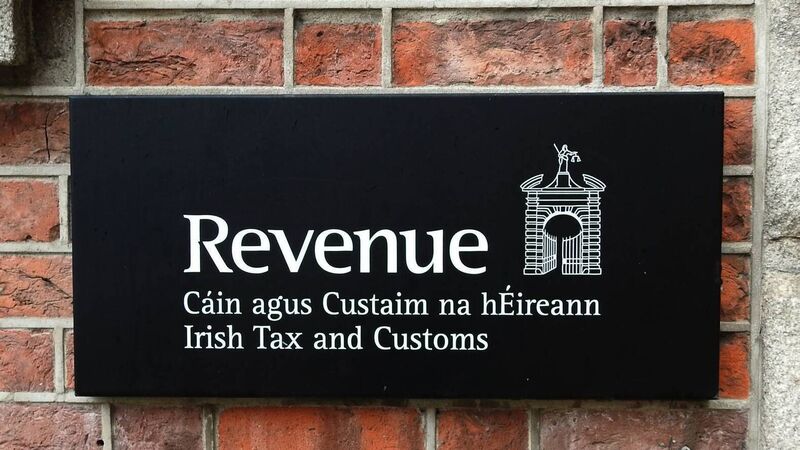Brian Keegan: January is the month when most of us have to engage with Revenue

This month, many of us will have to engage with Revenue; the so-called Preliminary End of Year Statements have become available on their website in recent days.
Contrary to what people might expect, the less contact the tax office has with you, the better it suits Revenue.
Tax collection is, after all, a business. Customer service is costly to provide. This is why Revenue much prefer to deal with people’s employers (who are fewer in numbers than individual employees and therefore easier to look after) and have put an emphasis on automating most tax return and collection processes.











